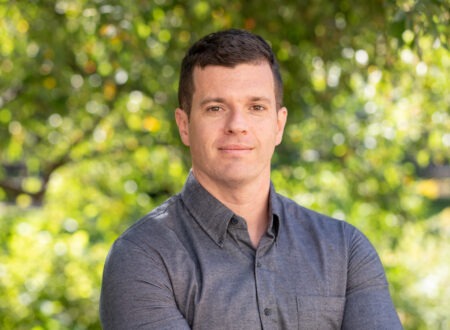By Nick Kennedy Posted: March 25, 2021
Shared tax revenues are an increasingly important source of revenue for many First Nations to fund key services like education and social services. A New Brunswick Court of Queen’s Bench decision has strengthened the ability of the Maliseet First Nations to rely on this income by confirming that the tax-revenue sharing agreements require New Brunswick to share carbon tax revenues with the Maliseet. OKT acted for the six Maliseet First Nations in the case.
This important ruling is a rebuke to the Government of New Brunswick’s efforts to shield tax revenues from its tax revenue sharing obligations. It ensures that tax revenues that the Maliseet First Nations use to finance education and social services on their reserves will continue to flow to those communities. It is also an important reminder that governments cannot escape their contractual obligations through legislative changes.
The tax revenue agreements were originally entered into by the Minister and the Maliseet First Nations in the 1990s and early 2000s, and were renewed in 2017. Under these agreements, the First Nations agreed to ensure that on-reserve retailers collect applicable provincial taxes on sales of gas, diesel, and all other goods, to individuals who are not status-Indians. In return, the Minister returns a portion of the taxes remitted to the First Nations. The First Nations use those revenues to finance education and social services on reserve, as these services are underfunded by Canada and the province compared to similar services available to non-Aboriginal people off reserve.
The Court recognized that these agreements bring benefits for both sides, not just the six Maliseet First Nations. The government gets an assist from First Nations in ensuring that applicable taxes are collected. The First Nations also ensure that on-reserve retailers price gasoline and diesel in-line with the local market price at nearby off-reserve retailers. The agreements also promote local economic growth, as the revenues boost First Nation spending in the local economy, both on and off reserve.
The dispute that brought the parties to court related to changes the government made to the structure of the tax on diesel and gasoline. It introduced a carbon tax on both types of fuel (as it was required to do by the Government of Canada’s Greenhouse Gas Pollution Pricing Act), but at the same time, lowered the existing tax on gasoline and diesel. The end result was that the dollar amount of tax on gasoline and diesel remained about the same, but about 1/3 of that tax was carbon tax. The government then took the position that carbon tax revenues were not subject to its tax revenue sharing obligations. This resulted in a large reduction in the revenues shareable with the First Nations.
The First Nations brought a legal challenge, seeking a court declaration that the tax revenue sharing agreements require it to share carbon tax revenues. Justice Petrie found in favour of the First Nations. The Court’s ruling requires the Minister to share revenues from carbon tax collected and remitted by on-reserve retailers in accordance with the agreements.
The case is an example of the evolution of tax sharing agreements as a tool for raising revenues for First Nations for the purpose of providing key services at a level equivalent to those available to non-Aboriginal people in the same jurisdictions, and restraints on government from trying to amend these types of contractual agreements through ‘back door’ legislative changes.
For more information: see https://www.cbc.ca/news/canada/new-brunswick/new-brunswick-first-nation-carbon-tax-1.5959153
Related Posts

Revenue Sharing - What Happens After the IBA?
EVENT INVITATION
OKT invites individuals working with First Nations or Inuit communities on IBA implementation and finance to a complimentary webinar exploring key aspects of revenue sharing. In this program,…
Read More...
Good corporate governance must take into account Aboriginal rights
Monday, October 21, 2024
The Supreme Court recently refused to hear the appeal in Thomas v Rio Tinto Alcan Inc, 2024 BCCA 62 [Saik’uz]. In Saik’uz, the British Columbia Court…
Read More...
Madawaska First Nation Wins Casino Revenue Sharing Case
Madawaska First Nation is celebrating a win in its legal challenge of New Brunswick’s refusal to share casino revenue with the First Nation. The New Brunswick Court of Appeal released…
Read More...

